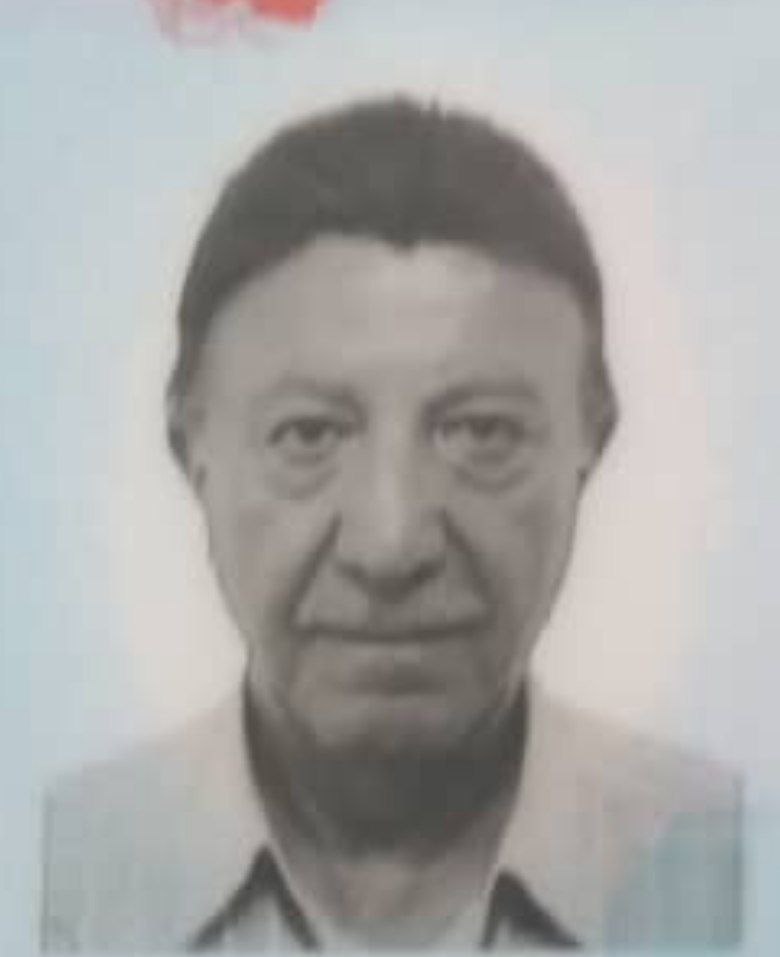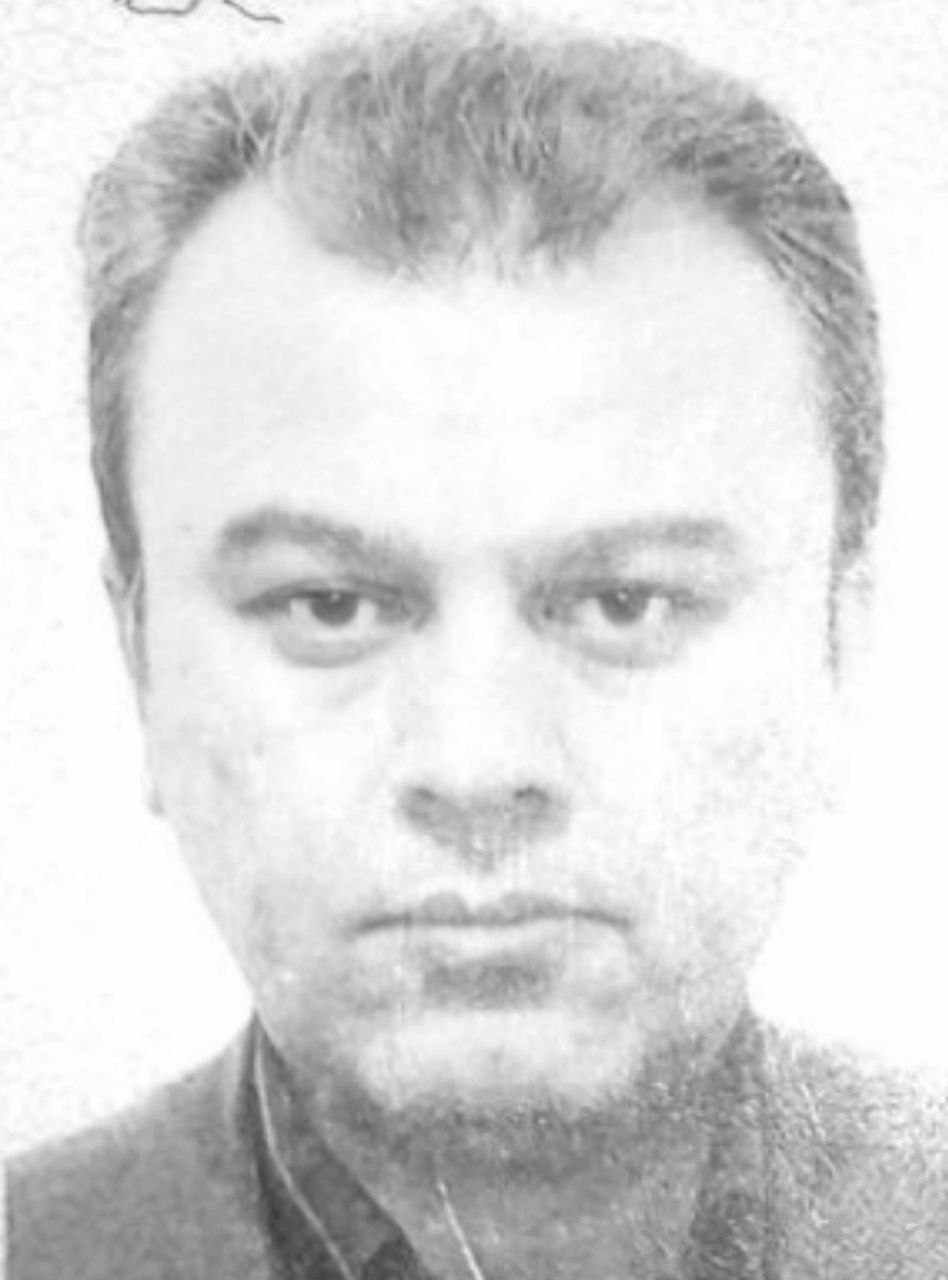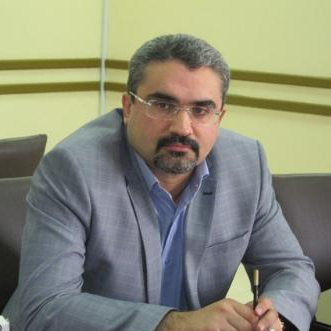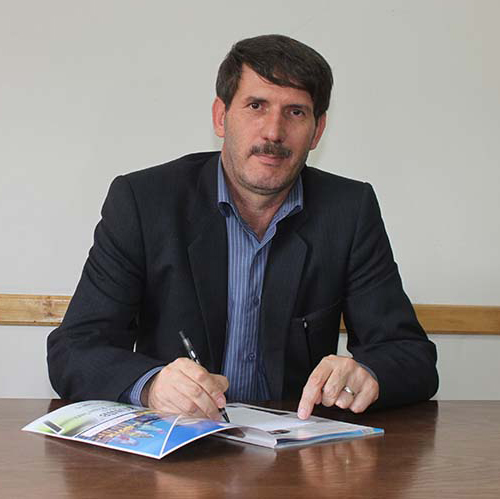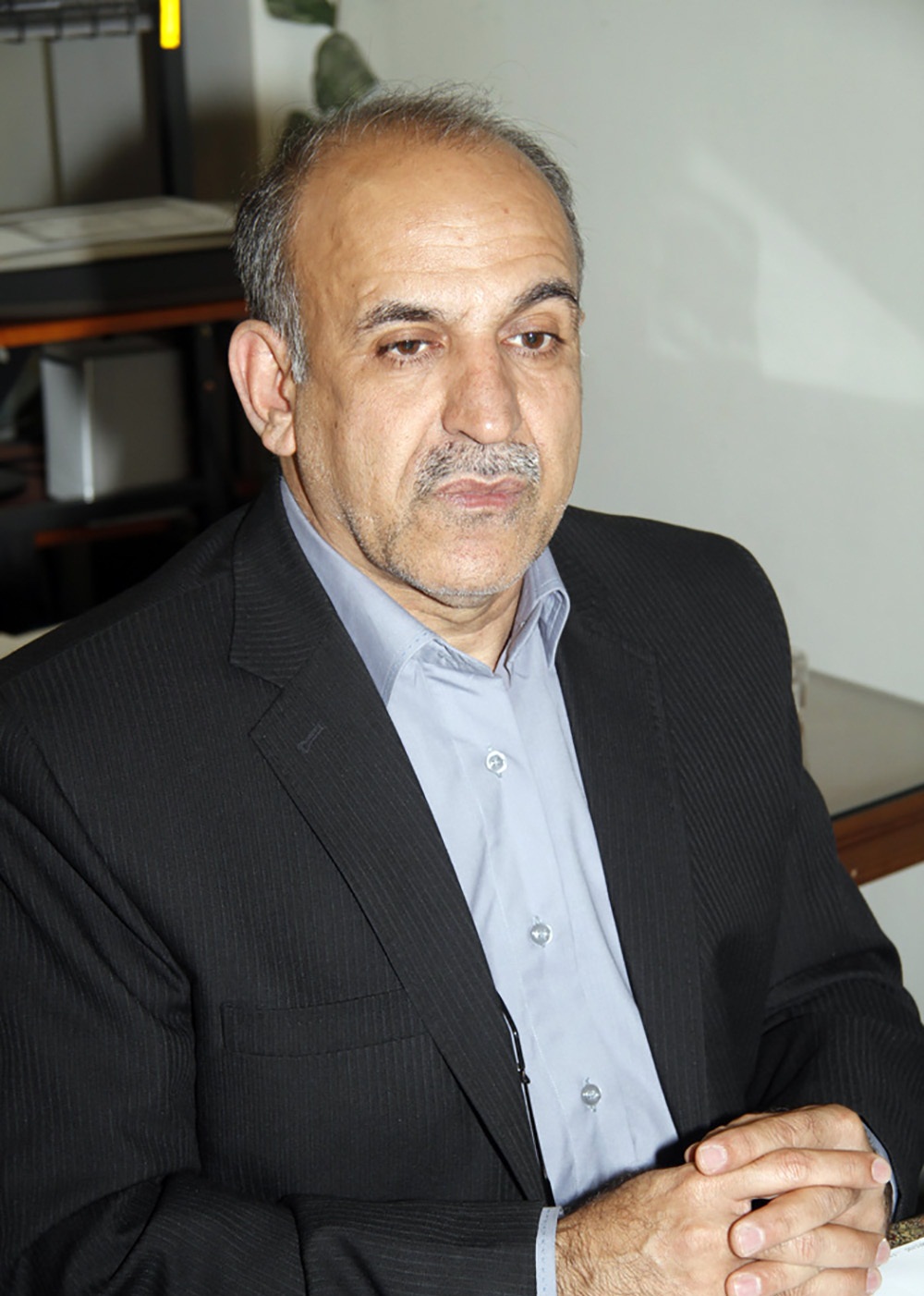The Effectiveness of Positive Psychotherapy on Psychological Distress, Cognitive Preoccupation, and Negative Automatic Thoughts in Students Preparing for University Entrance Exams
Keywords:
Positive psychotherapy, negative automatic thoughts, psychological distress, cognitive preoccupation, students preparing for university entrance examsAbstract
Objective: The aim of the present study was to investigate the impact of positive psychotherapy on psychological distress, cognitive preoccupation, and negative automatic thoughts in students preparing for university entrance exams.
Methods and Materials: This study is applied in nature and semi-experimental in terms of implementation, employing a pre-test and post-test design with a control group. The statistical population of this study included all female students preparing for university entrance exams in Kermanshah in 1402. From the statistical population, 40 individuals were selected using convenience sampling and were divided into two groups (one experimental group and one control group). The research instruments included the Kessler Psychological Distress Scale (Kessler et al., 2003), the Negative Automatic Thoughts Questionnaire (Kendall & Hollon, 1980), and the Cognitive Fusion Questionnaire (Rachman & Shafran, 1996). Data analysis was conducted using multivariate analysis of covariance (MANCOVA).
Findings: The results of the study indicated that the positive psychotherapy intervention method had a significant impact on the psychological distress of students preparing for university entrance exams in the post-test phase (p < 0.01). The positive psychotherapy intervention method also had a significant impact on the negative automatic thoughts of these students in the post-test phase (p < 0.01), as well as on their cognitive preoccupation (p < 0.01).
Conclusion: Positive psychotherapy is effective in reducing negative automatic thoughts in students preparing for university entrance exams. Positive psychotherapy is also effective in reducing psychological distress and cognitive preoccupation in these students









